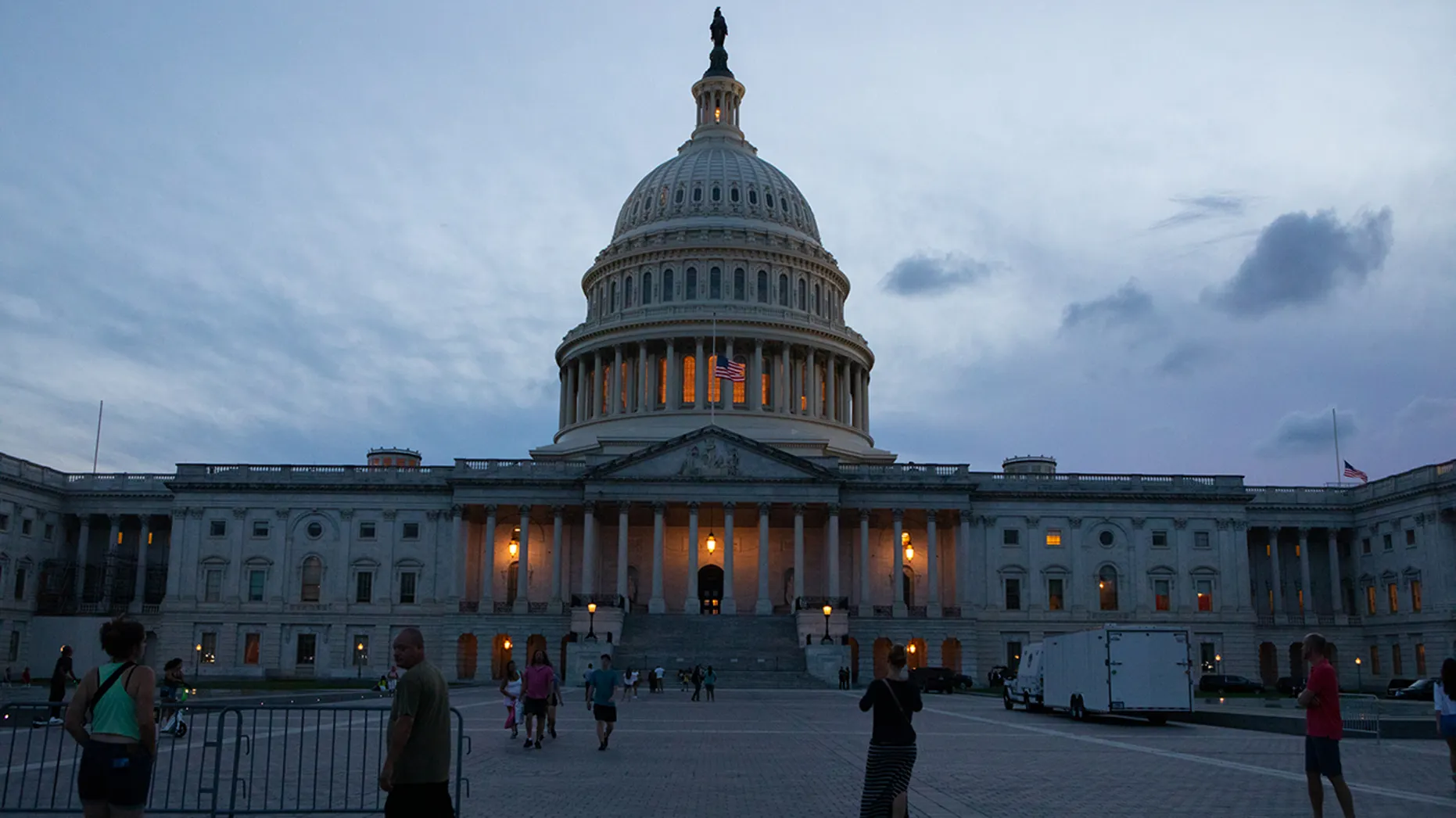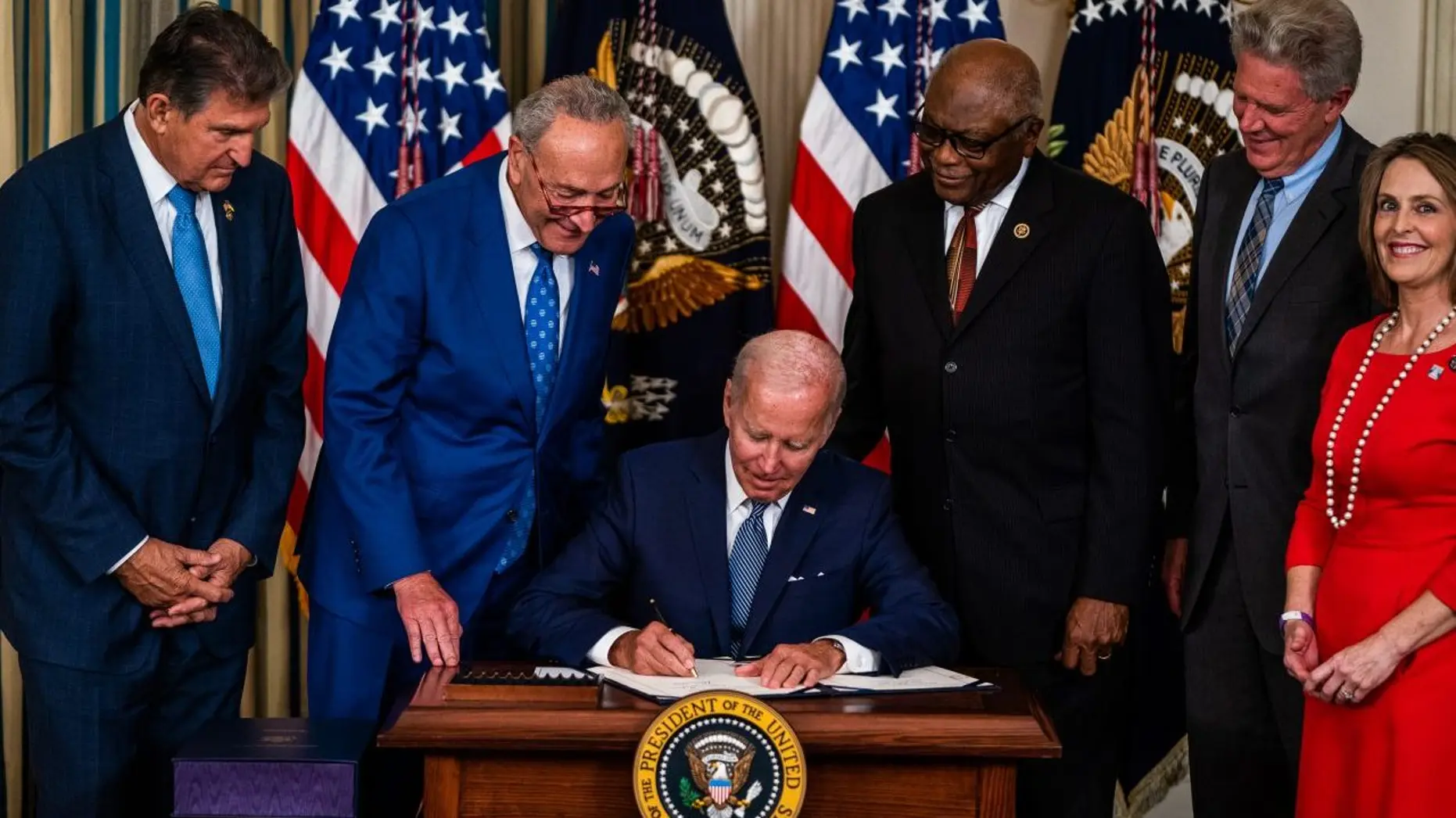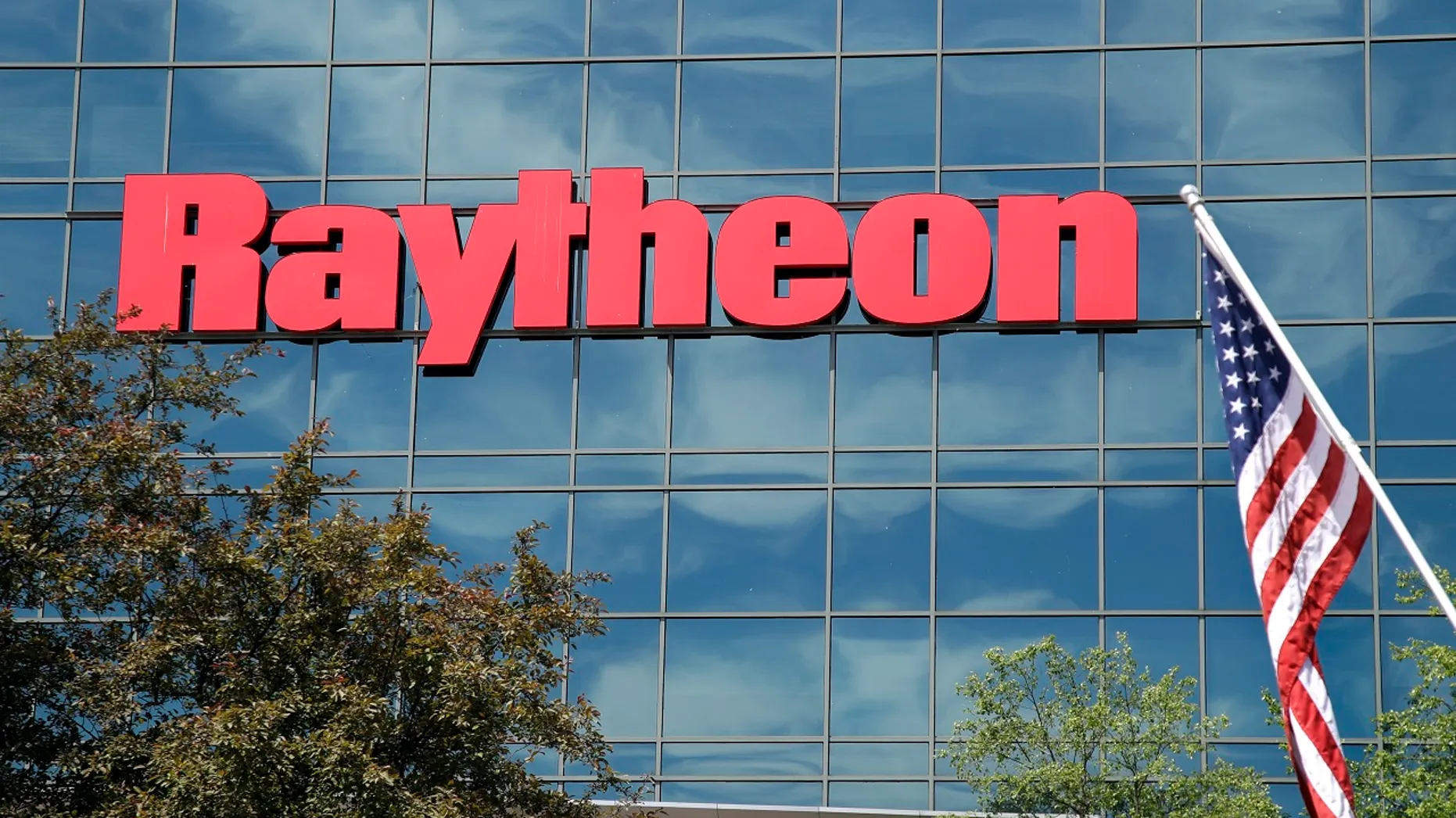By Megan Henney. Media: Fox Business.
A number of business taxes are rising just as the U.S. economy faces the increased risk of a recession, threatening to prolong financial pain for many companies and consumers.
Beginning this year, businesses will face a steeper federal tax burden thanks to several major changes included in the health care and climate change spending bill that Democrats passed over the summer. On top of that, key provisions of the 2017 Republican tax overhaul are set to phase out this year.
Combined, the tax increases are projected to cost businesses about $115 billion this year – a big increase from years’ past, according to the Joint Committee on Taxation.
“On the impact of tax increases in a recessionary period, we are highly concerned,” Chris Netram, the managing vice president of tax and domestic economic policy at the National Association of Manufacturers (NAM), told FOX Business. “Some of the items that have already taken effect, that Congress failed to reverse at the end of last year, are causing a lot of pain for our members.”

Among the increases going into effect this year is a 15% minimum tax on corporations that is based on profits they publicly report on their financial statements to shareholders. The minimum book tax would only hit companies that reported more than $1 billion in income. The levy – a key feature of the Inflation Reduction Act – would affect around 200 of the country’s largest corporations with profits exceeding $1 billion and that pay less than the current 21% rate for businesses, according to Democrats.
That spending bill also included a 1% tax on stock repurchases, which will apply to only publicly traded companies.
Experts expect the two taxes to drag on 2023 earnings, with Goldman Sachs forecasting a 1.5% decline per share of S&P 500 companies. The earnings decreases are expected to hit industries like health care and IT because of the low effective tax rate.
UBS strategists led by Solita Marcelli, meanwhile, projected the new taxes would have a “very minimal 1% drag on S&P 500 earnings per share, although some companies will be more affected than others.”

Those changes come on top of other business tax increases that went into place last year to help pay for Republicans’ 2017 tax cuts and will stay in effect until 2026. That includes the gradual phaseout of a 100% bonus depreciation, tighter interest deduction limitation and an increase in international tax rates.
Another provision requires businesses to amortize deductions for research and development expenses over five years instead of taking them all at once. Nearly 180 chief financial officers asked lawmakers in November to reverse course and repeal the law before the end of the year, however, Congress failed to reach an agreement before its last session in December.
Aerospace and defense company Raytheon Technologies said in October that the change already caused its tax bill to spike by $1.5 billion.

Goldman Sachs sees the R&D, interest and bonus depreciation changes raising the effective corporate tax rate this year by 1.6 percentage points, amounting to a “small” reduction in earnings.
“Corporate tax policies taking effect in 2023 should have a small hit to aggregate S&P 500 earnings, but the impact will vary across sectors,” the bank said in a research note earlier this month.
Netram said NAM is lobbying lawmakers to reverse the changes, particularly on R&D, and indicated there is bipartisan and bicameral support to do so.
“For this current Congress, we are starting in a really strong place,” he said. “There is broad support for stopping these tax hikes from going into effect.”




























































































Discussion about this post